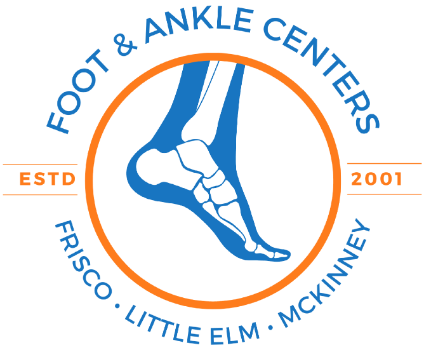Gout is a type of arthritis that occurs due to an excessive amount of uric acid in the body. This leads to the formation of urate crystals in the joints, which causes inflammation, pain, and stiffness in the affected joints. Gout can also lead to the formation of small, hard lumps of urate crystals called tophi beneath the skin.
Although it is most commonly found in the big toe joint, gout can also affect other joints in the body, such as ankles, knees, elbows, wrists, and fingers. High levels of uric acid in the body can be caused by various factors, including genetics, a diet high in purines (a type of protein found in certain foods), obesity, and certain medications.
The symptoms of gout typically include intense pain, redness, swelling, and warmth in the affected joint. The pain can be so severe that even the pressure of a bedsheet can cause discomfort. In some cases, gout can also cause fever and chills. Over time, chronic gout can cause damage to the affected joints, leading to deformities and a decreased range of motion.
At Foot & Ankle Centers of Frisco, Little Elm, and McKinney our podiatrist will design a personalized gout treatment and management plan for you to reduce the frequency and intensity of your gout attacks. This may involve medications, lifestyle changes, and possibly surgery.
Medications that may be prescribed include non-steroidal anti-inflammatory drugs (NSAIDs), corticosteroids, colchicine, and allopurinol. However, some medications like aspirin and thiazide diuretics can increase uric acid levels and contribute to gout development. So, medication changes should only be made after consulting with a doctor.
Lifestyle changes that may help reduce the frequency and intensity of gout attacks include limiting the consumption of foods high in purines, such as red meats, organ meats, seafood, and alcohol. Increasing the intake of water and other fluids and regular exercise can also help.
In some cases, immobilization of the foot with a walking cast or crutches may be necessary. Surgery may be required to drain the painful gout deposits of uric acid crystals that cause swollen nodules around the joints and tissues, remove uric acid from the joints, or remove inflamed tissue or perform joint surgeries. Joint fusion surgery or joint replacement surgery may also be an option.


Leave a comment
0 Comments